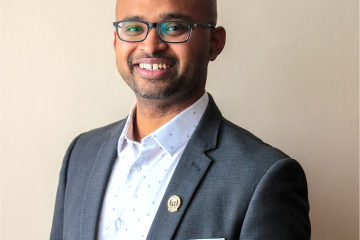Strategic grant
Revolutionizing micro-surgical training by reducing and replacing animal dependency through synthetic biomimetic 3D printed blood vessels

At a glance
Completed
Award date
October 2024 - March 2025
Grant amount
£91,094
Principal investigator
Professor Deepak Kalaskar
Co-investigator(s)
Institute
University College London
R
- Replacement
